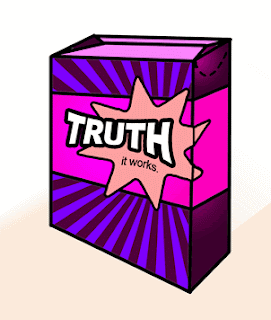Today saw the announcement that the Press Compaints Commission have ruled against the near 25,000 complaints received over Jan Moir’s infamous Daily Mail ‘Stephen Gately article’, finding nothing punishable in the piece. In it Moir had claimed, among other things, that ‘if we are going to be honest, we would have to admit that the circumstances surrounding (‘Gately’s) death are more than a little sleazy.’ (You can read the article here)
Now I’m not here to defend Jan Moir. Her article was ill-timed and showed a real ignorance of the case. Even so, to paraphrase Voltaire, I’d defend to the (metaphorical) death her right to write it. Gay-rights pressure group Stonewall are predictably upset with the decision. I’m sure they felt offended and slighted by the implications made in Moir’s piece. However, no-one has the right to not be offended. I’m not sure who said that, even after googling it... but the fact the search (in quote marks) returned over 5 pages of direct hits seems like some kind of validation!
Truth is there are too many sacred cows. This furore reveals two. Firstly, the gay community wants to be exempt from any disapproval or criticism. I don’t accept that, and I can’t abide the attempt to shut down debate or call disagreement ‘hatred’. It is reasonably out of bounds to contest that which someone is born with, be it the colour of skin or the tendency towards same-sex attraction. However, beyond that, to disagree with or question someone’s relationship or lifestyle choices is a given in a society marked by free speech – in doing so, one should expect a fiery response (just as if you query my choice of wife!), but let’s not automatically call it ‘hatred’ or make it illegal! It is as reasonable to tut at the promiscuity of a gay man as it is to do so at that of Katie Price or Ashley Cole. Furthermore, it’s legitimate to do as 67-year old Pauline Howe did, and write a letter to the council protesting about a loud and exhibitionist Gay Pride parade passing near her home. The council has the right to ignore her views and give them short shrift; but to have her arrested, as they did, for ‘hate crime’? It’s all a bit Orwellian. She is not any more a hate criminal than is Dawkins for loudly rubbishing Christianity; despite the fact that in doing so he’s made the life of Christians far less comfortable. Whoever’s on the receiving end, rejoice that a free country welcomes free debate...
Secondly, there is the sanctification of dead celebrities. There is of course room for tact. We surely don’t want to badmouth the very recently dead. But, again, to illegalise the practise? The offence is one of foolishness or thoughtlessness – at journalistic and editorial level... but Stephen Gately is not legally beyond criticism because he has tragically passed on. Save us from sickening attempts to turn Jade Goody into a working class hero (her main ‘achievements’ propelling her into the public eye were, after all, feats of stupidity, stripping and racism) or Princess Diana into the world’s greatest mother (she died as she lived, indulging a jet-set lifestyle, accompanied by the latest boyfriend; her children firmly ensconced in boarding school). And let’s not become a society that goes running to the state crying foul if we feel upset by something we read. The state already feel far too justified in interfering with, well, everything! Let argument defeat argument, and let the debate be pursued through an ever-free press. I don’t want our national newspapers to mirror our national politics – a bland consensual landscape where to speak one’s mind without populist spin is to commit career suicide.
So, to conclude, well done the Press Complaints Commission and, to those who complained, cherish your offence and your right to express it!







